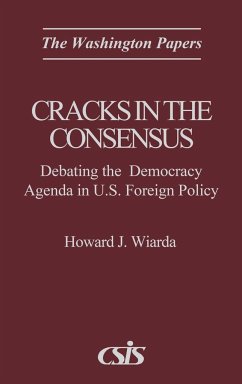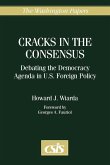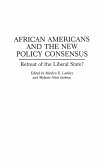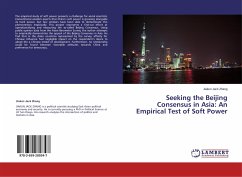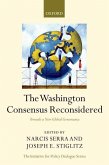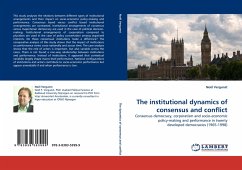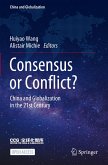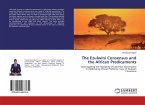Since the 1980s a remarkable consensus has emerged in U.S. foreign policy based on three main pillars: democracy, free trade, and open markets. The free trade and open markets issues currently are being debated in Congress, but recent events in Russia, Bosnia, Mexico, and Haiti (among others) force us to reexamine the democracy-fostering aspects of U.S. policy as well. Howard J. Wiarda offers a probing analysis of U.S. democracy/elections policy, exploring both the positive aspects of the policy and its negative implications. His volume ranges widely across countries and regions to examine Russia, Eastern Europe, Asia, Africa, the Middle East, and Latin America. It wrestles with the complex issues raised by the elections/democracy agenda and concludes with a series of recommendations for analysts and policymakers.
Bitte wählen Sie Ihr Anliegen aus.
Rechnungen
Retourenschein anfordern
Bestellstatus
Storno

